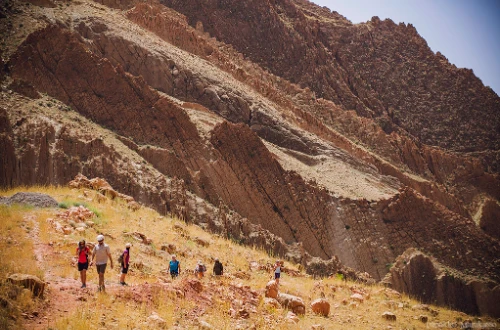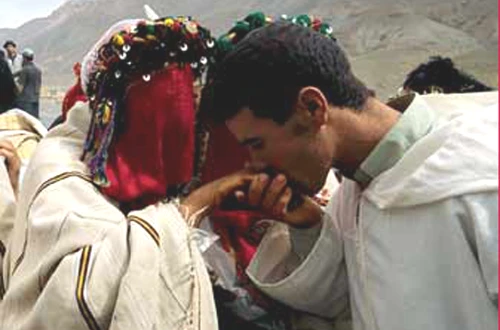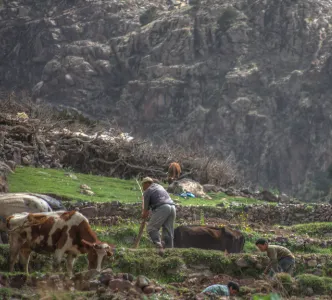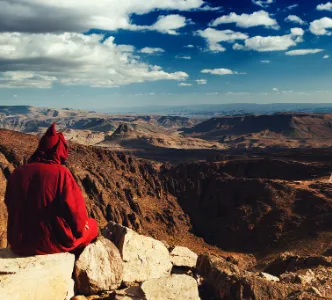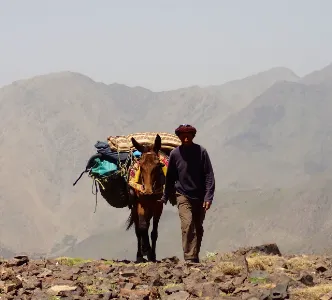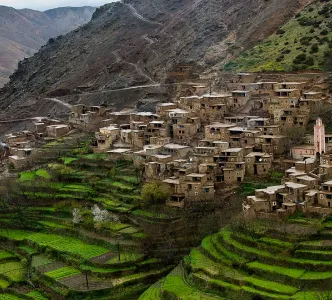Introduction:
Nestled in the heart of North Africa, Morocco is a land of diverse landscapes, rich history, and a vibrant culture that resonates with its indigenous people. While the terms "Berber" and "Amazigh" are often used interchangeably, they carry distinct meanings that encapsulate the history, struggles, and cultural heritage of North Africa's indigenous populations.
A Brief Historical Context
The term "Berber" has historical roots dating back to colonial times when outsiders used it to describe the indigenous people of North Africa. Unfortunately, this term came with negative connotations and often failed to accurately capture the depth and complexity of these communities' identities.
On the other hand, "Amazigh" is a term derived from the indigenous languages themselves, reflecting the people's self-identity as "free" or "noble." This term speaks to the rich tapestry of history and resilience that has characterized the Amazigh communities for centuries.
Amazigh: Embracing Cultural Heritage
The term "Amazigh" has gained prominence over the years as a result of a growing movement to reclaim and celebrate the identity, culture, and language of North Africa's indigenous populations. The Amazigh language, known as Tamazight, encompasses various dialects that have been preserved through oral tradition and cultural practices. Tamazight is more than just a language; it's a vessel of ancient wisdom, a connection to the land, and a testament to the endurance of the Amazigh people.
Berber: A Colonial Relic
While the term "Berber" continues to be used by some, it carries the weight of colonial history that tends to overshadow the true essence of the indigenous communities it represents. Many argue that it fails to encapsulate the full depth of Amazigh identity, resilience, and cultural richness. In this light, the shift towards using "Amazigh" serves as a means of empowerment, helping the people reclaim their narrative and establish a more accurate representation of their heritage.
Promoting Understanding and Respect
For visitors to Morocco and those interested in the region's culture, recognizing and respecting the distinction between "Berber" and "Amazigh" is essential. Embracing the term "Amazigh" reflects a commitment to acknowledging the indigenous people's history and their rightful place in shaping North Africa's cultural mosaic. It is an opportunity to honor their contributions, learn about their traditions, and foster a deeper understanding of the diverse communities that make Morocco truly remarkable.
Conclusion
In the realm of cultural identity, words hold great power. The shift from "Berber" to "Amazigh" signifies more than just a change in terminology; it represents a reclamation of heritage, a celebration of diversity, and a step towards a more inclusive narrative. As Morocco's indigenous people proudly uphold their Amazigh heritage, let us, as admirers of this land and culture, embrace the true essence of their identity and contribute to a world where understanding and respect flourish.


